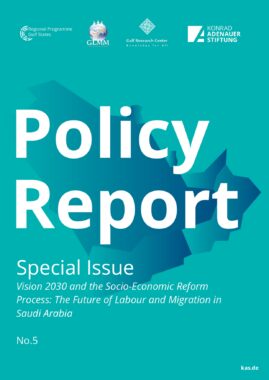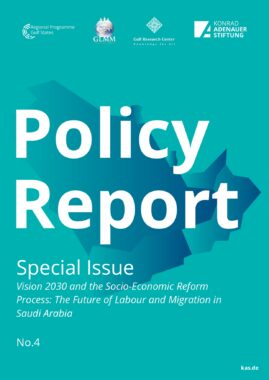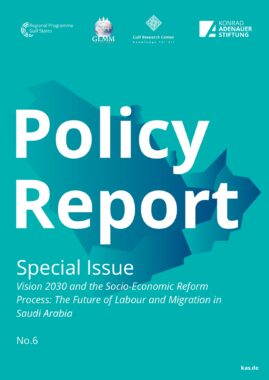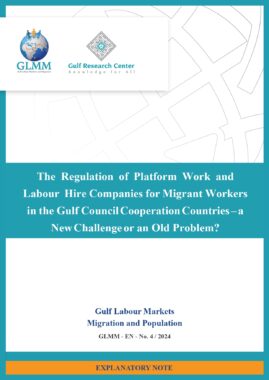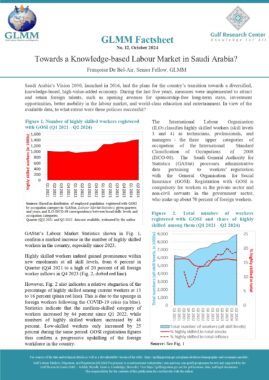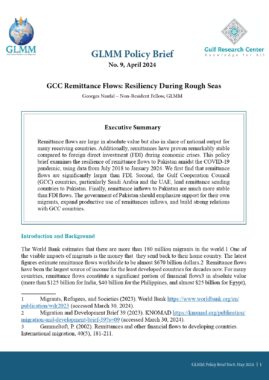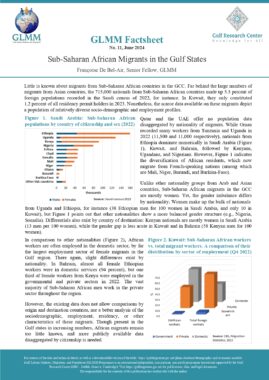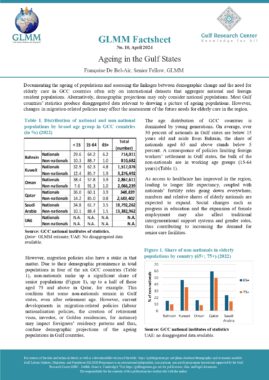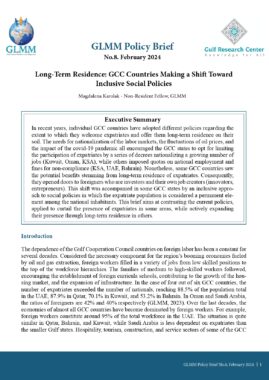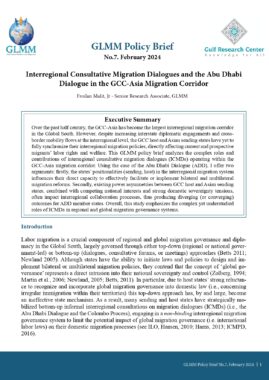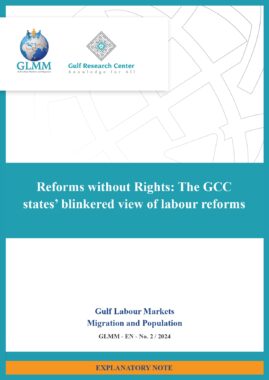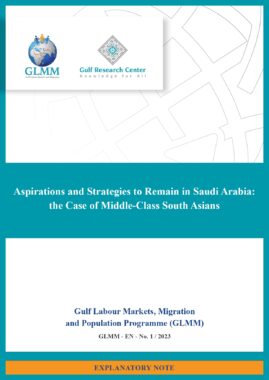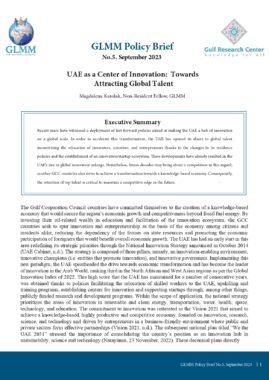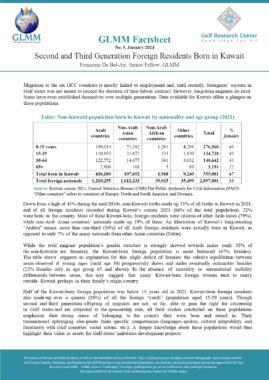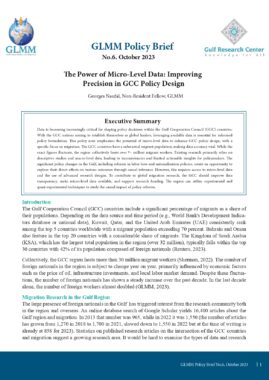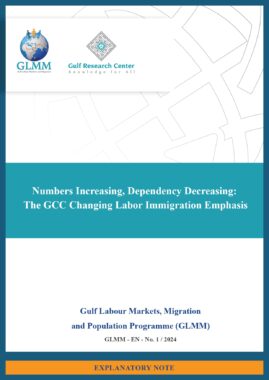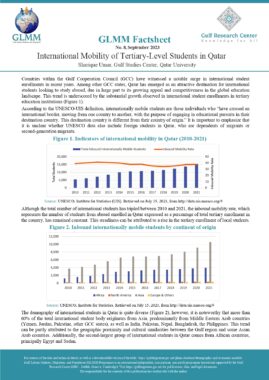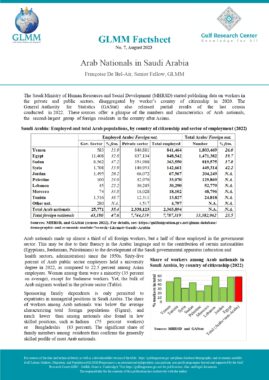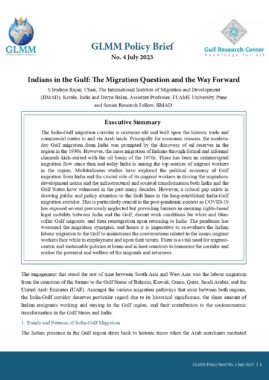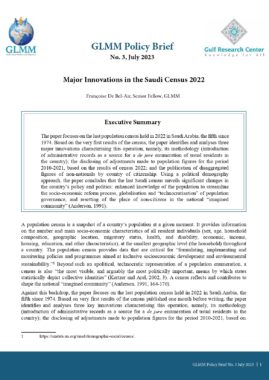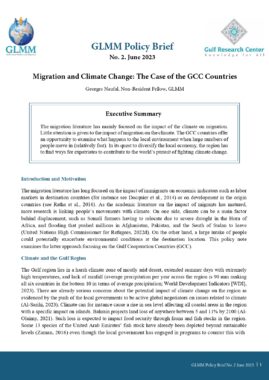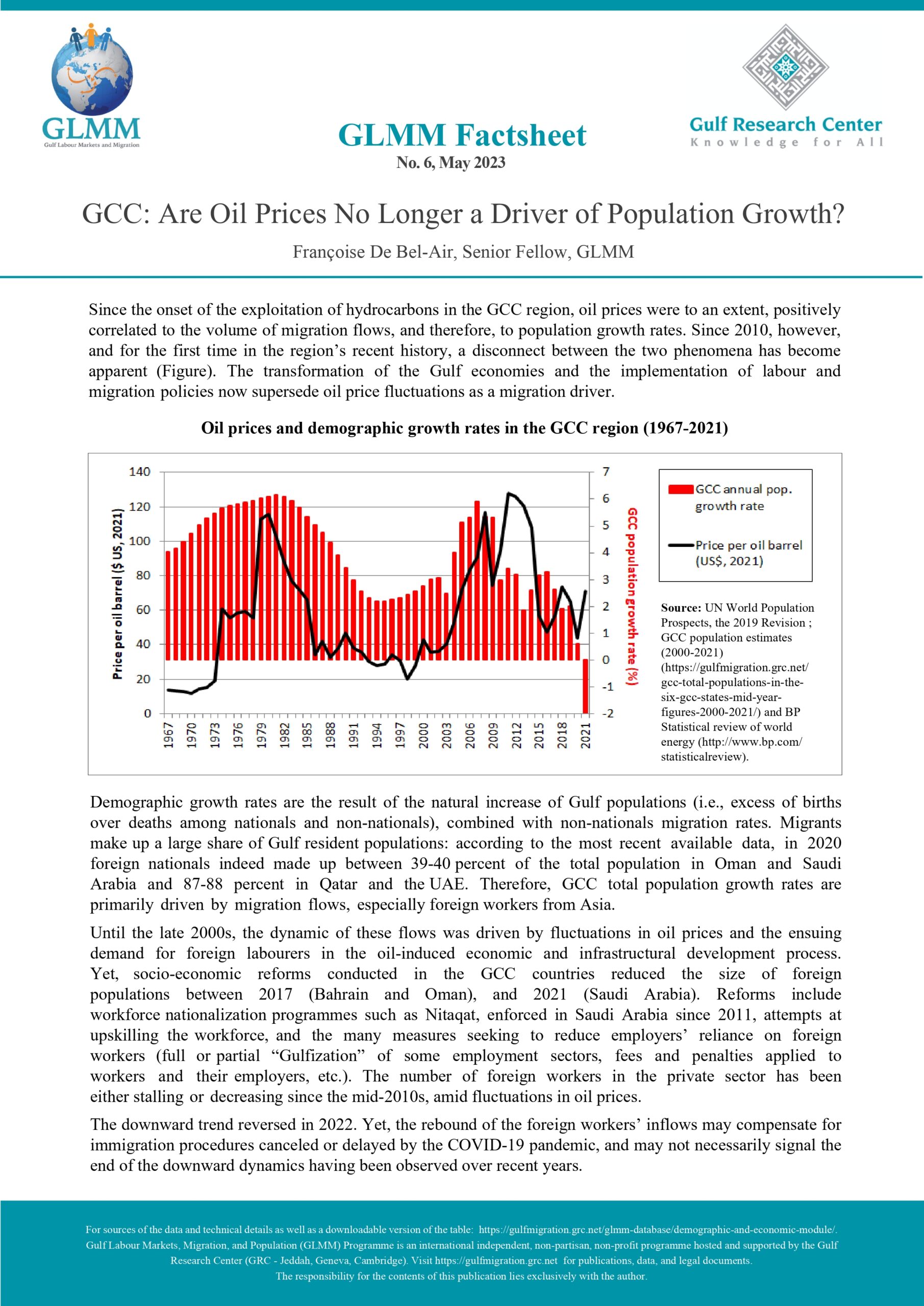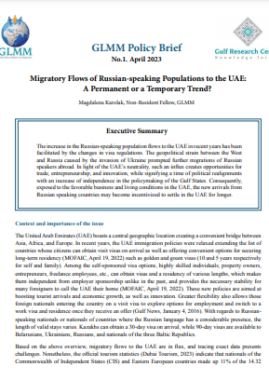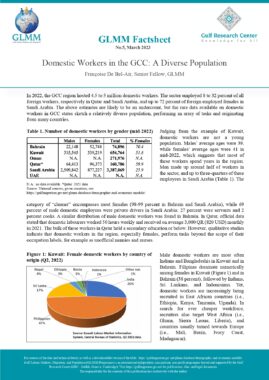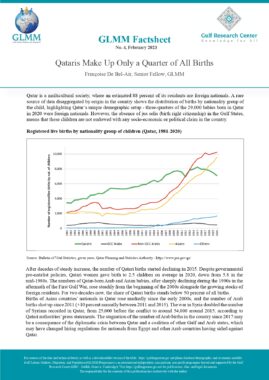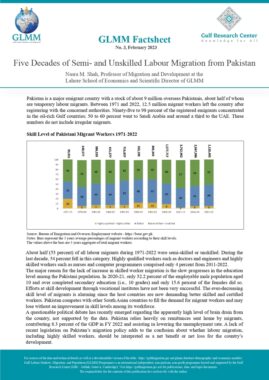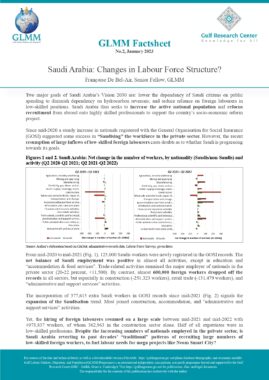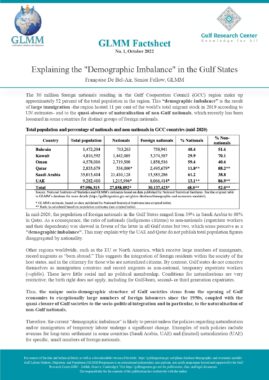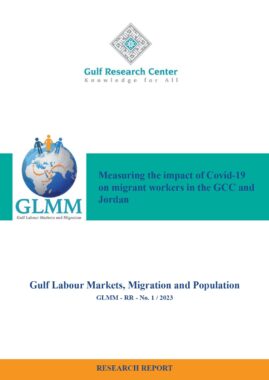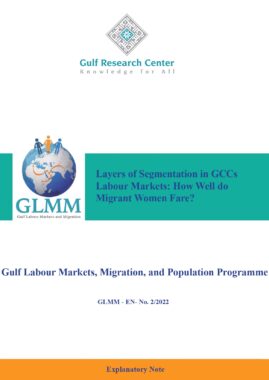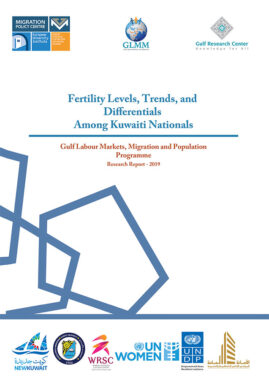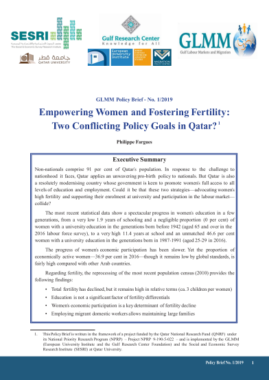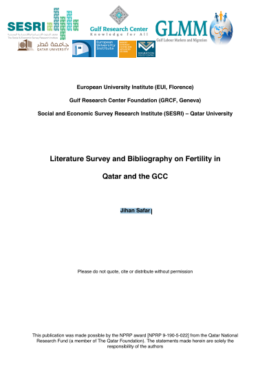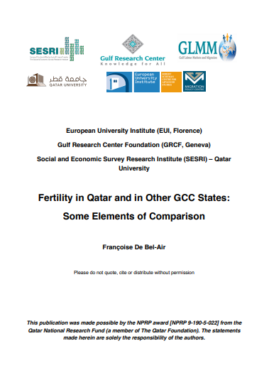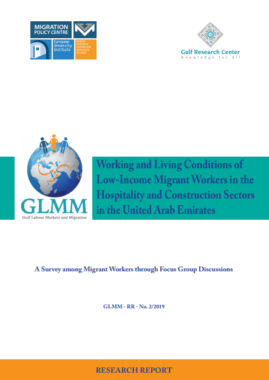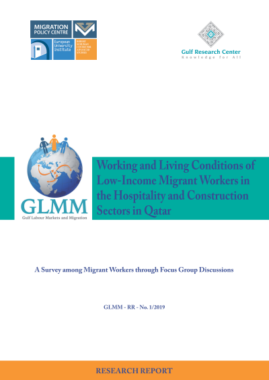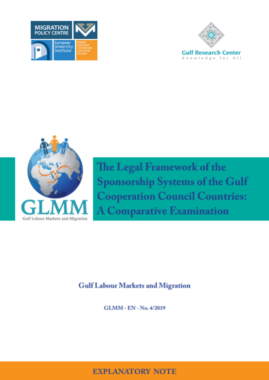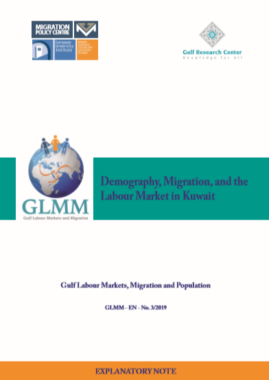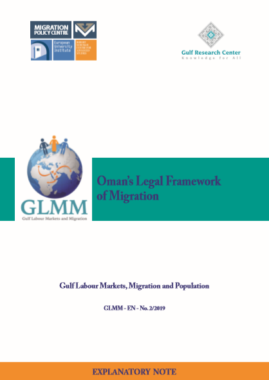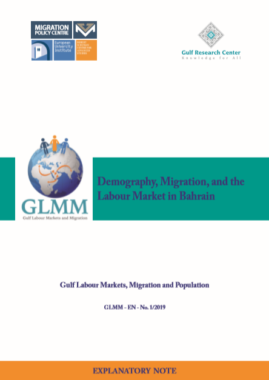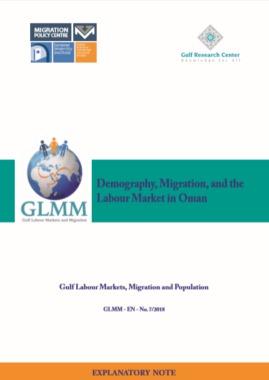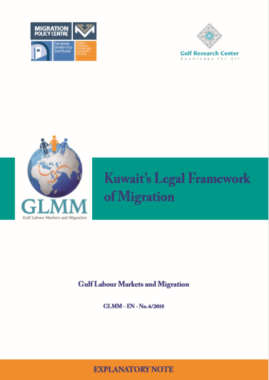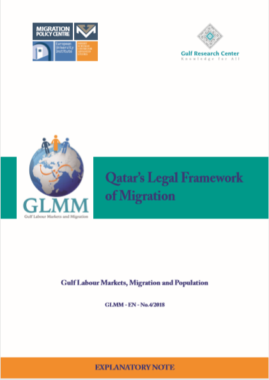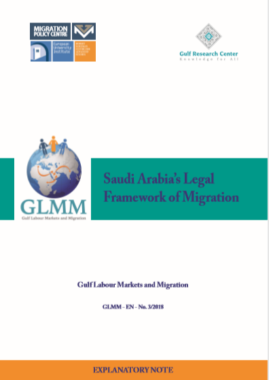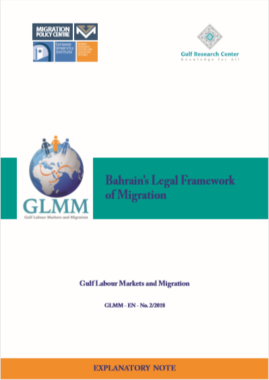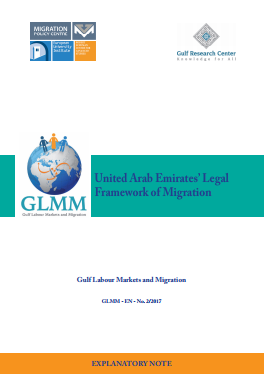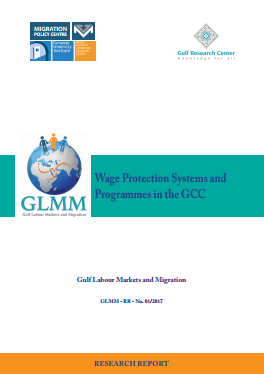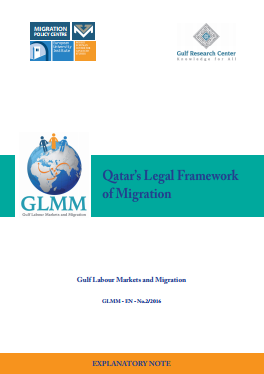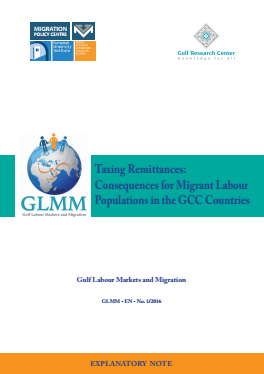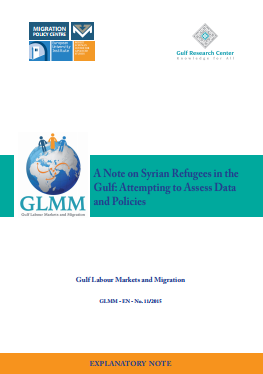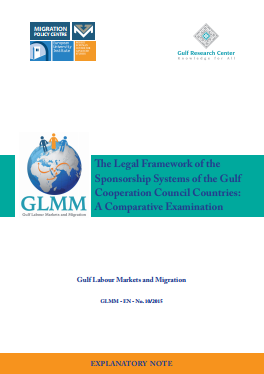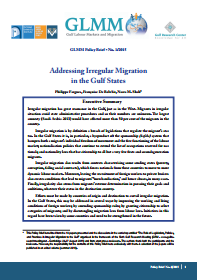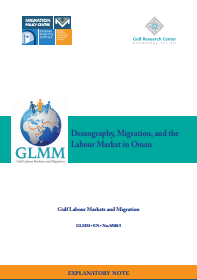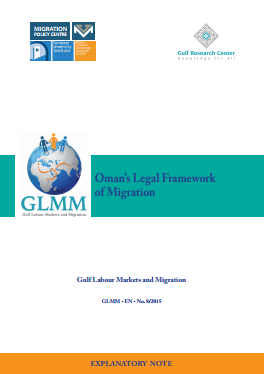Saudi Arabia: Deportations from Saudi Arabia by month (3/2011-11/2014)
| Monthly figures | Cumulated figures | |
| 3/2011 | 33,323 | 33,323 |
| 4/2011 | 34,311 | 67,634 |
| 5/2011 | 30,504 | 98,138 |
| 6/2011 | 38,703 | 136,841 |
| 7/2011 | 29,724 | 166,565 |
| 8/2011 | 30,751 | 197,316 |
| 9/2011 | 43,704 | 241,020 |
| 10/2011 | 36,087 | 277,107 |
| 11/2011 | 53,014 | 330,121 |
| 12/2011 | 54,384 | 384,505 |
| Total 3 to 12/ 2011 | 384,505 | |
| 1/2012 | 47,473 | 431,978 |
| 2/2012 | 48,826 | 480,804 |
| 3/2012 | 46,413 | 527,217 |
| 4/2012 | 49,296 | 576,513 |
| 5/2012 | 50,734 | 627,247 |
| 6/2012 | 53,851 | 681,098 |
| 7/2012 | 44,693 | 725,791 |
| 8/2012 | 60,972 | 786,763 |
| 9/2012 | 51,963 | 838,726 |
| 10/2012 | 41,944 | 880,670 |
| 11/2012 | 51,049 | 931,719 |
| 12/2012 | 47,288 | 979,007 |
| Total 2012 | 594,502 | |
| 1/2013 | 46,579 | 1,025,586 |
| 2/2013 | 51,009 | 1,076,595 |
| 3/2013 | 52,322 | 1,128,917 |
| 4/2013 | 53,713 | 1,182,630 |
| 5/2013 | 61,203 | 1,243,833 |
| 6/2013 | 50,157 | 1,293,990 |
| 7/2013 | 30,585 | 1,324,575 |
| 8/2013 | 29,395 | 1,353,970 |
| 9/2013 | 34,266 | 1,388,236 |
| 10/2013 | 32,300 | 1,420,536 |
| 11/2013 | 137,569 | 1,558,105 |
| 12/2013 | 96,854 | 1,654,959 |
| Total 2013 | 675,952 | |
| 01/2014 | 55,062 | 1,710,021 |
| 02/2014 | 52,290 | 1,762,311 |
| 03/2014 | 46,628 | 1,808,939 |
| 04/2014 | 46,628 | 1,855,566 |
| 05/2014 | 49,437 | 1,905,003 |
| 06/2014 | 50,543 | 1,955,546 |
| 07/2014 | 44,396 | 1,999,942 |
| 08/2014 | 43,728 | 2,043,670 |
| 09/2014 | 56,700 | 2,100,370 |
| 10/2014 | 43,002 | 2,143,372 |
| 11/2014 | 46,246 | 2,189,618 |
| Total 1 to 11/ 2014 | 534,659 |
Source: Ministry of Interior.
1. Definition
Saudi Arabia for years has been routinely performing deportations of illegal workers, during amnesty periods and rounding up operations of various scales.
Nitaqat, a massive program of saudization of the work force, was formally launched by the Saudi Ministry of Labour in September 2011 (Ministerial Resolution n°4040, dated 12/10/1432 H.).
The regulation establishes minimum shares reserved for Saudi citizens in a company’s labor force, depending on the size and on the activity sector of the business. Based on their level of compliance to Saudization quotas, the program classifies the private firms into four categories: Premium, Green, Yellow and Red.
Premium and Green categories include the companies with highest Saudization rates, while Yellow and Red include the ones with low rates.
Within this process, ahead of a crackdown on irregular workers/ sojourners, an amnesty period and mandatory regularization campaign were decided, starting April 3rd, 2013. The amnesty allows workers to try to sort out their administrative situation (renew expired documents; register their current employer as their sponsor; register changes in profession and in activity sector, etc.), or leave without paying a penalty.
Workers deported during the amnesty were the ones unable to regularise (for lack of documents, using forged ones, having a criminal record, having absconded, etc.), as well as workers found to redundant under newly established regulations for hiring foreign labourers in compliance with Nitaqat quotas.
The amnesty period expired on November 3rd, 2013. Since then, systematic country-wide raid operations are conducted by Ministry of Labour (in work sites) and by Ministry of Interior (in locations inhabited by aliens).
Deported workersare barred from coming back.
2. Institution which provides data
Ministry of interior
3. Data availability
Monthly figures for irregulars’ arrests and deportation were put online on the Ministry of Interior’s website (chapter “Security News”), until July 2015. Figures were computed by Hijrah months, in Arabic only.
As of 21 September 2015, deportation and arrests’ records are still unavailable online.
Date of access: 21 September 2015
Similar Posts:
- Amnesty of 2013 cumulated numbers of work status corrections by type since the beginning of the amnesty period (06_04_2013), at various dates (Saudi Arabia)
- Saudi Arabia: deportations from Saudi Arabia by month (March 2011-February 2016)
- Saudi Arabia: Amnesty of 2013 (April 3 to November 3): Number of work status corrections by type and sector (final results)
- Saudi Arabia: Abolishment of the Yellow Band from the Nitaqat Program
- Saudi Arabia: Transfers of services (changes of sponsor) in private sector’s companies agreed upon by MoL’s labour offices (2009-2013)
